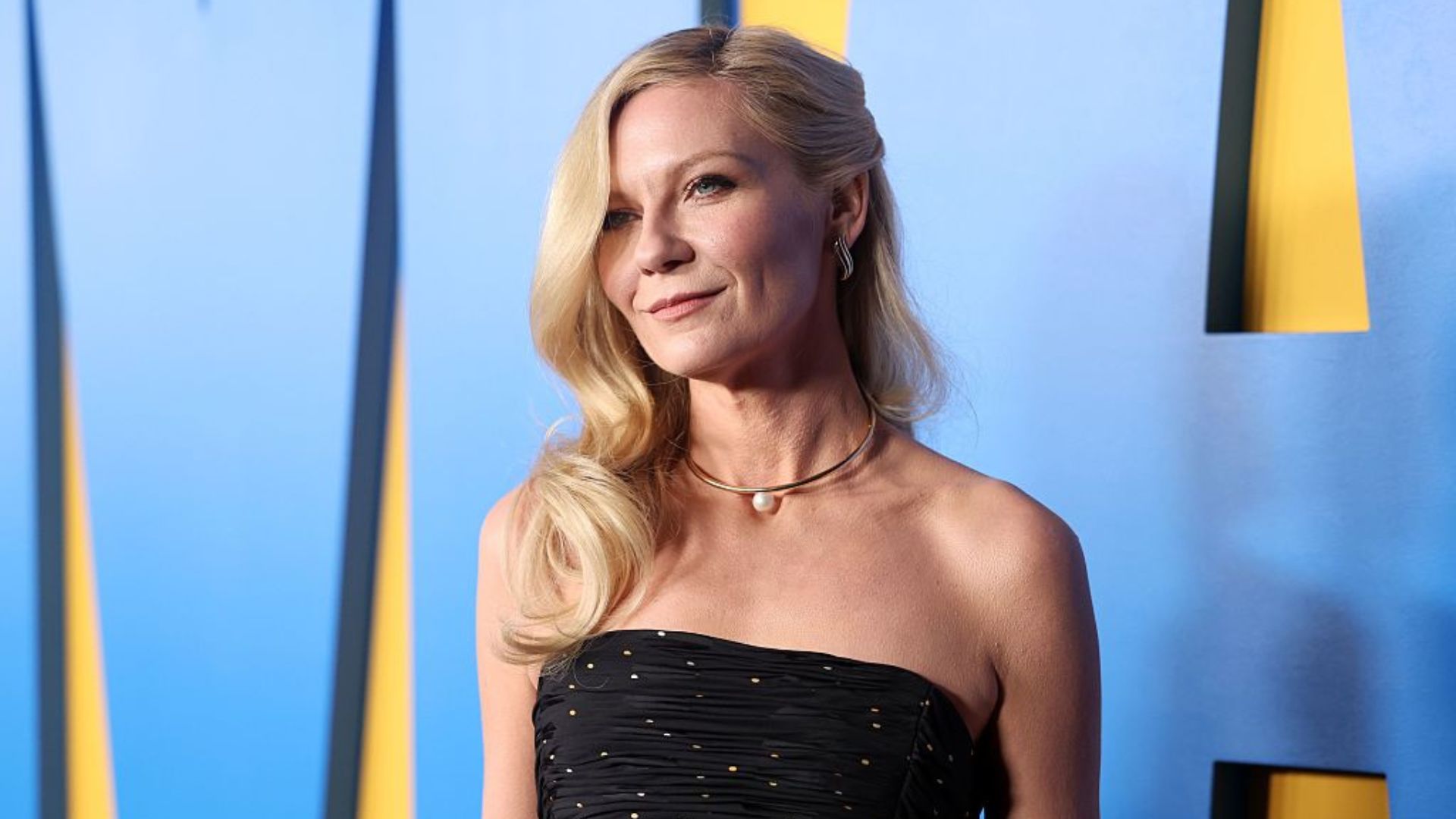Deputy Director of the Roscongress Foundation Elena Marinina spoke about the process of interaction between business and the creative industry, TikTok bloggers and unspoken ideas.
Over the years, the Creative Business Forums have become an integral part of major economic events – St. Petersburg, Eastern Economic Forums… What place does the creative sector occupy in the “traditional” economy?
Now everyone understands that it is creative projects and innovations that play the main role in economic development and, in general, one could say, advance the history of all humanity. Therefore, the dialogue about tools that could support creativity, help talents, and generally create a friendly environment for creatives is the most important part of any serious conversation about the economy and society. We tried this format for the first time during the St. Petersburg International Economic Forum 2021: we then considered that it was about bringing together around the same table everyone on whom the development of the creative economy depends. Globally, we have not been pioneers: other countries are also moving towards this type of format. It was important to start systematic work in this direction in Russia, because our country has enormous potential, especially in the regions.
ADVERTISING – CONTINUED BELOW
Do “big” companies share this interest in creative fields?
Yes, we did not have to prove to anyone the importance of this approach, because everyone sees it: areas associated with creativity and intellectual activity not only develop faster than others, but become also the locomotive of important social projects and changes. the appearance of territories, and contribute to the development of infrastructure. A business based on creativity and an unconventional vision is capable of both rapid growth and the creation of many jobs. Of course, things are not yet rosy: big companies treat fundamentally new ideas with a certain suspicion; the rule of “measure seven times” plays a very important role (even too important). Sometimes a lack of understanding of the long-term benefits prevents people from getting involved in creative projects. This is normal, which is why one of the tasks of the Creative Business Forum is for both parties to see, hear and understand each other. Both the “creatives” and those with more conservative opinions, who know how to calculate everything soberly. We are born with synergies, new business alliances, ideas and even entire directions.










